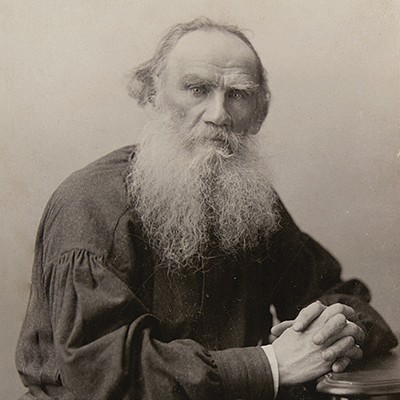T. S. Eliot Typed Letter Signed on Ezra Pound
Two ways to bid:
- Leave a max absentee bid and the platform will bid on your behalf up to your maximum bid during the live auction.
- Bid live during the auction and your bids will be submitted real-time to the auctioneer.
Bid Increments
| Price | Bid Increment |
|---|---|
| $0 | $5 |
| $50 | $10 |
| $200 | $25 |
| $500 | $50 |
About Auction
Apr 12, 2023
RR Auction support@rrauction.com
- Lot Description
Sought-after TLS, one page, 8 x 10, Faber and Faber Limited letterhead, May 22, 1951. Letter to Alan Neame of Cheltenham College, in full: "I have recently returned from abroad, and apologise for the delay in answering your letter of May 3rd. I am interested to hear of the work that you have undertaken on explanatory of Ezra Pound's Cantos. From a publishing point of view, it is impossible to hold out any prospect of publication before having seen any specimens of the work. At the moment, I feel sure that Faber & Faber would not be inclined to take on such a book, for the reason that we have a book of Hugh Kenner's in the press, and we shall certainly want to give that a run by itself, before considering any further work of exegesis on the same subject. Apart from that, and quite impartially, I think that it will be most to Pound's advantage at this stage, if books about his work are distributed amongst several publishers instead of being concentrated in the firm which has been alone in publishing most of his work for so many years. I believe that another book about the Cantos has also been accepted by another firm, so that you would perhaps do best to find an enterprising firm which has not yet published any book on this subject. I should, however, be glad to see specimens of the work when you have reached a point of having chapters to show. I saw Mr. Pound in November, and thought him in moderately good health, though I think it would be better if he could take more exercise. He certainly seemed as well as he had been two years before, but he tires easily in conversation, and an hour is about as much as a visit should last." In fine condition. Eliot and Pound enjoyed a fruitful professional and collegial relationship for more than 25 years, with the latter crucial to Eliot's career as a burgeoning poet. As the overseas editor of Poetry magazine, Pound advocated for the publication of The Love Song of J. Alfred Prufrock, and then later assisted in the editing of Eliot's The Wasteland, which he later dedicated to Pound. At the time of this letter, Pound resided in the Chestnut Ward of St. Elizabeths Hospital in Washington, D. C., where he would remain before his release in 1958, some thirteen years after he was imprisoned for treason. A decidedly important letter that links two of the 20th century’s greatest poets.
- Shipping Info
-
Bidder is liable for shipping and handling and providing accurate information as to shipping or delivery locations and arranging for such. RR Auction is unable to combine purchases from other auctions or affiliates into one package for shipping purposes. Lots won will be shipped in a commercially reasonable time after payment in good funds for the merchandise and the shipping fees are received or credit extended, except when third-party shipment occurs. Bidder agrees that service and handling charges related to shipping items which are not pre-paid may be charged to a credit card on file with RR Auction. Successful international Bidders shall provide written shipping instructions, including specified Customs declarations, to RR Auction for any lots to be delivered outside of the United States. NOTE: Declaration value shall be the item’(s) hammer price and RR Auction shall use the correct harmonized code for the lot. Domestic Bidders on lots designated for third-party shipment must designate the common carrier, accept risk of loss, and prepay shipping costs.
-
- Buyer's Premium



 EUR
EUR CAD
CAD AUD
AUD GBP
GBP MXN
MXN HKD
HKD CNY
CNY MYR
MYR SEK
SEK SGD
SGD CHF
CHF THB
THB











